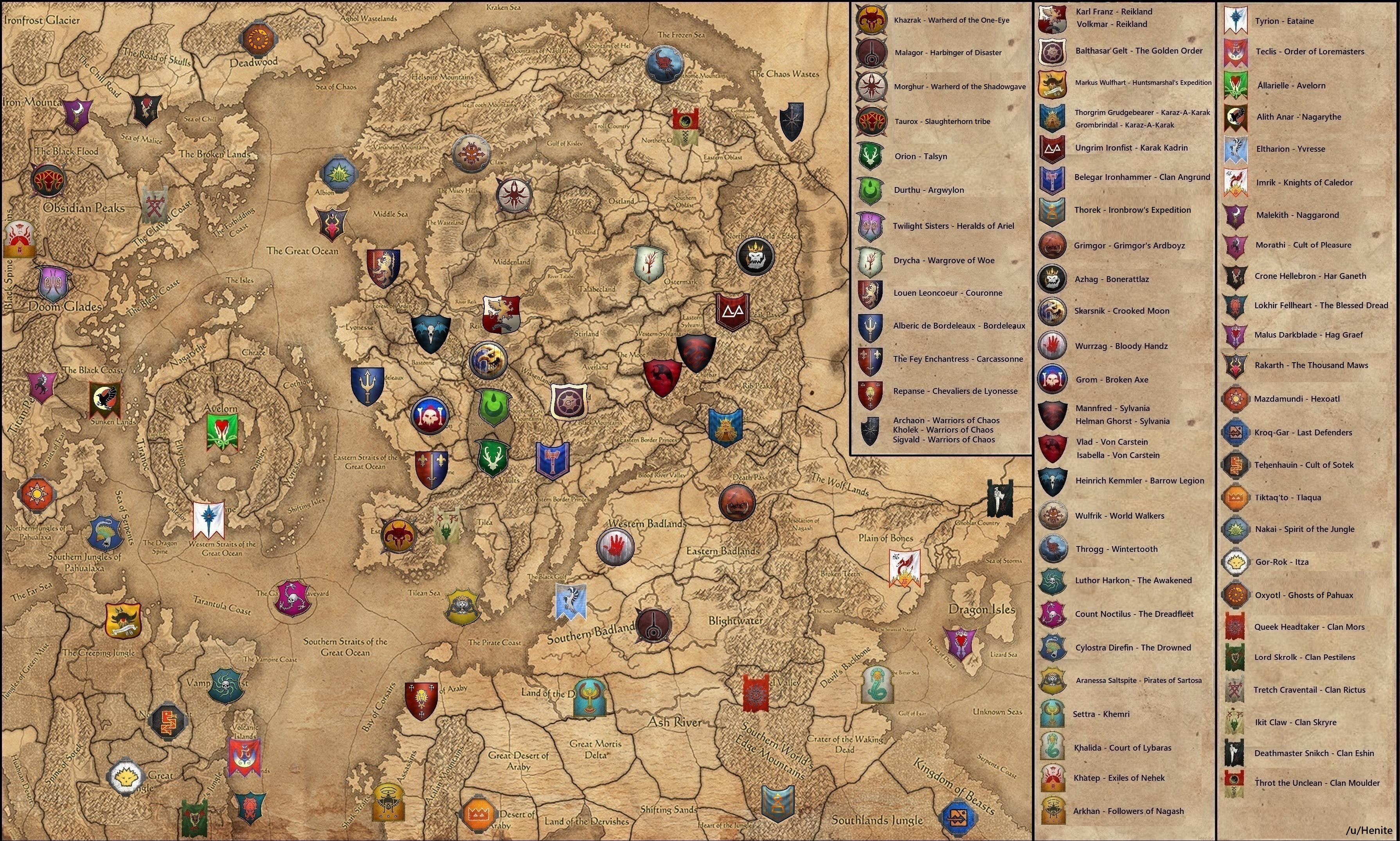

Neighborhood shrines and sacred places such as springs and groves dotted the city. Each home had a household shrine at which prayers and libations to the family's domestic deities were offered. Christianity was in the end the most successful of these, and in 380 became the official state religion.įor ordinary Romans, religion was a part of daily life. As the Roman Empire expanded, migrants to the capital brought their local cults, many of which became popular among Italians. Even the most skeptical among Rome's intellectual elite such as Cicero, who was an augur, saw religion as a source of social order. Religion depended on knowledge and the correct practice of prayer, ritual, and sacrifice, not on faith or dogma, although Latin literature preserves learned speculation on the nature of the divine and its relation to human affairs.


Roman religion was practical and contractual, based on the principle of do ut des, "I give that you might give". This archaic religion was the foundation of the mos maiorum, "the way of the ancestors" or simply "tradition", viewed as central to Roman identity. According to legends, most of Rome's religious institutions could be traced to its founders, particularly Numa Pompilius, the Sabine second king of Rome, who negotiated directly with the gods. Etruscan religion was also a major influence, particularly on the practice of augury. The Romans looked for common ground between their major gods and those of the Greeks ( interpretatio graeca), adapting Greek myths and iconography for Latin literature and Roman art, as the Etruscans had. The presence of Greeks on the Italian peninsula from the beginning of the historical period influenced Roman culture, introducing some religious practices that became as fundamental as the cult of Apollo. The Romans are known for the great number of deities they honored, a capacity that earned the mockery of early Christian polemicists. The Romans thought of themselves as highly religious, and attributed their success as a world power to their collective piety ( pietas) in maintaining good relations with the gods. Religion in ancient Rome includes the ancestral ethnic religion of the city of Rome that the Romans used to define themselves as a people, as well as the religious practices of peoples brought under Roman rule, in so far as they became widely followed in Rome and Italy.


 0 kommentar(er)
0 kommentar(er)
